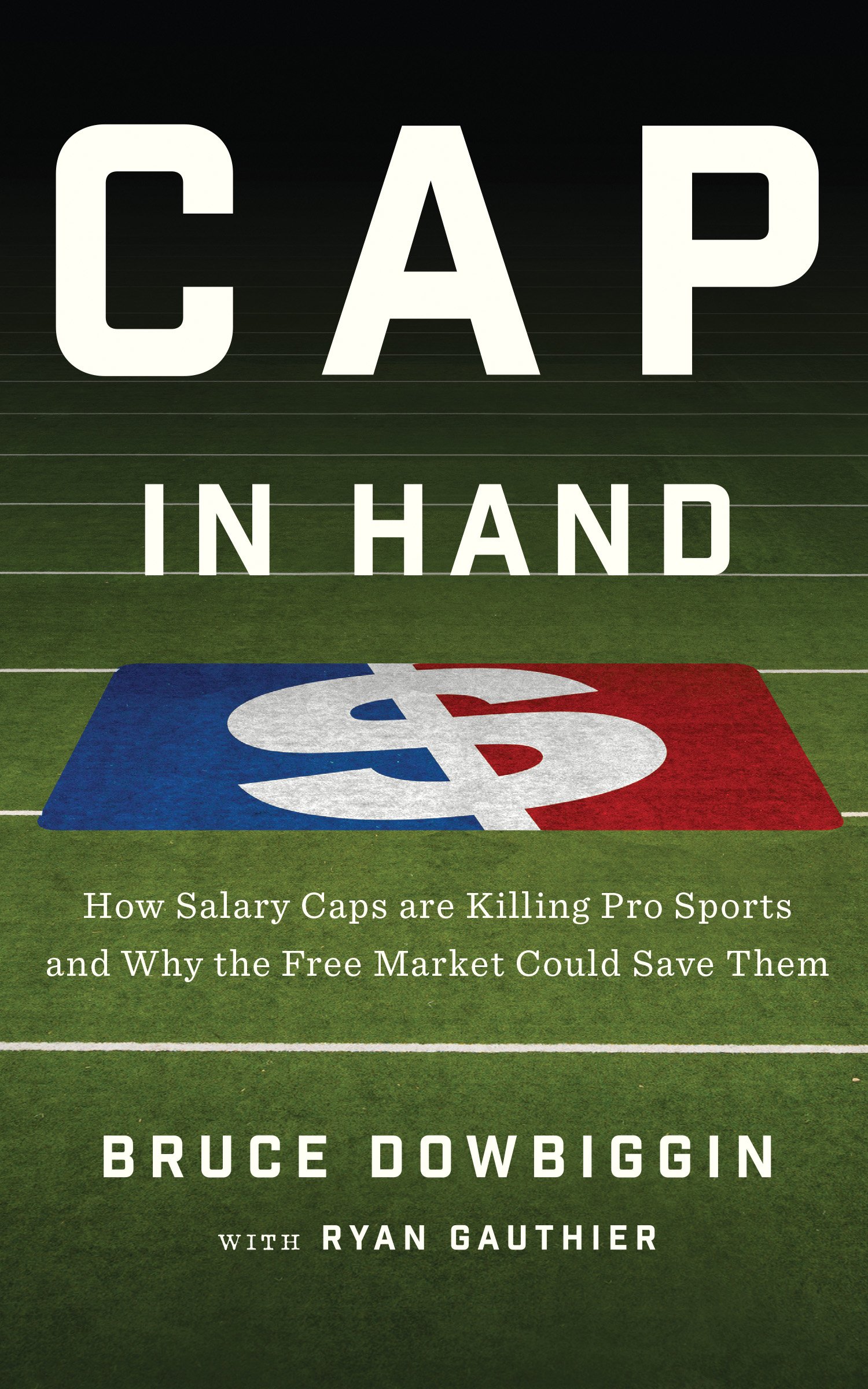MLB Economics: Ten Pounds of Sand In A Five-Pound Bag
One might think that, in times fraught with Covid-19, civil unrest and schism politics, the people entrusted with diverting the population for a while might put aside their differences to supply a little entertainment.
If you think this you have not met the people in Major League Baseball. Instead of watching the debate in Parliament the past few days we might have been poring over the first reports from spring training in Florida and Arizona. We might have been speculating if this is the year the Blue Jays return to the World Series for the first time since 1993. But it’s not happening.
That’s because the owners and players in #MLB have chosen this time to resume their periodic border war over the economy of the sport. Since Curt Flood and Catfish Hunter led the way to free agency in baseball in the 1970s, the owners have been pining to restore the previous balance when they paid players as they pleased, and the stars of baseball were forced to accept.
More to the point, MLB once more wishes to crush the MLB Players Association, the most powerful of the pro sports unions. The unions in NHL, NBA and NFL have been smashed by owners in those sports, allowing for salary-cap regimes that range from draconian to merely intrusive. Getting MLBPA to submit has been a longterm goal for baseball owners as a result.
But repeated labour stoppages soured the public on baseball, culminating in the disastrous 1994 cancellation of the World Series (with the Montreal Expos set to win.) Since that blunder baseball kept its labour disputes from disrupting regular season games That idyll ended in the most recent prior dispute between MLB and the players' union in 2020 as players and teams debated how to restructure a season affected by Covid-19.
But the temptation to squabble is too strong, and so owners want to again try the solidarity of players, locking them out last December. This time the the league and the union are at loggerheads over compensation for young players and limitations on tanking— losing on purpose to receive higher selections in the amateur draft. They are dealing with a situation where 10 players are making more than $33 million a year while the average salary stood at $4.17 million U.S. in 2021. And this offends many in the business.
Because, as we say in our book Cap In Hand (brucedowbigginbooks.ca/book-capinhand.aspx) owners want to talk like capitalists but act like socialists. Their challenge in trying to expand their leagues to 30-plus teams— while assuring competitive balance— is that getting small markets Pittsburgh, Milwaukee or Kansas City to compete on an ongoing basis for free agents with New York, Chicago for Los Angeles is a fool’s errand.
To paraphrase an old expression, it’s like trying to put ten pounds of sand into a five-pound bag. Yes, there are smaller markets— notably the Tampa Bay Rays— who have found ways to circumvent their financial handicaps. But the dynamics of consistently winning a World Series or even making the playoffs are monumental. For that reason owners are seeking an expanded postseason which would allow 14 of the league's 30 teams to reach the playoffs.
The current success of the LA Dodgers ( 3 NL pennants in five years) set against the systemic failure of Pittsburgh (with just one postseason win since 2010) highlights the frustration for owners and fans alike who wish to chase the unicorn of parity. The idea that any team can win on any given Sunday still has its adherents.
But this latest lockout speaks to the futility of the franchise model. The consumer has changed and the means of distributing the product has changed with it. The problem, as we point out in Cap In Hand, is that “no longer does a league need a team in every town to spread its product. Soccer has demonstrated that the sports world has morphed from the overstocked inventories of the franchise model to one based on matchups of elite teams populated by elite players.
“Without a salary cap, the beautiful game has allowed for the growth of super teams in smaller leagues. There is no parity in soccer, just the unending quest for the best product possible. As a result, the sport has finally made a breakthrough in North America.”
The breakdown of the conventional media delivery system, betting and the potential for profit has made all sports global. Fans/ bettors in Europe or Asia want to see the best teams, not Pittsburgh versus Milwaukee on a Tuesday night. What becomes of those teams? Don’t eliminate them the way the Expos were vaporized. Simply have teams play at the financial level they can afford. Concentrate the best players in the markets that can afford them. Have relegation and promotion.
Until the owners in MLB— and the other sports— grasp this simple proposition we are doomed to this cycle of defying market economics in the service of salary caps. Hope that keeps baseball fans warm till MLB cranks up again toward the end of April.
Bruce Dowbiggin @dowbboy is the editor of Not The Public Broadcaster (http://www.notthepublicbroadcaster.com). The best-selling author was nominated for the BBN Business Book award of 2020 for Personal Account with Tony Comper. A two-time winner of the Gemini Award as Canada's top television sports broadcaster, he’s also a regular contributor to Sirius XM Canada Talks Ch. 167. His new book with his son Evan Inexact Science: The Six Most Compelling Draft Years In NHL History is now available on http://brucedowbigginbooks.ca/book-personalaccount.aspx


